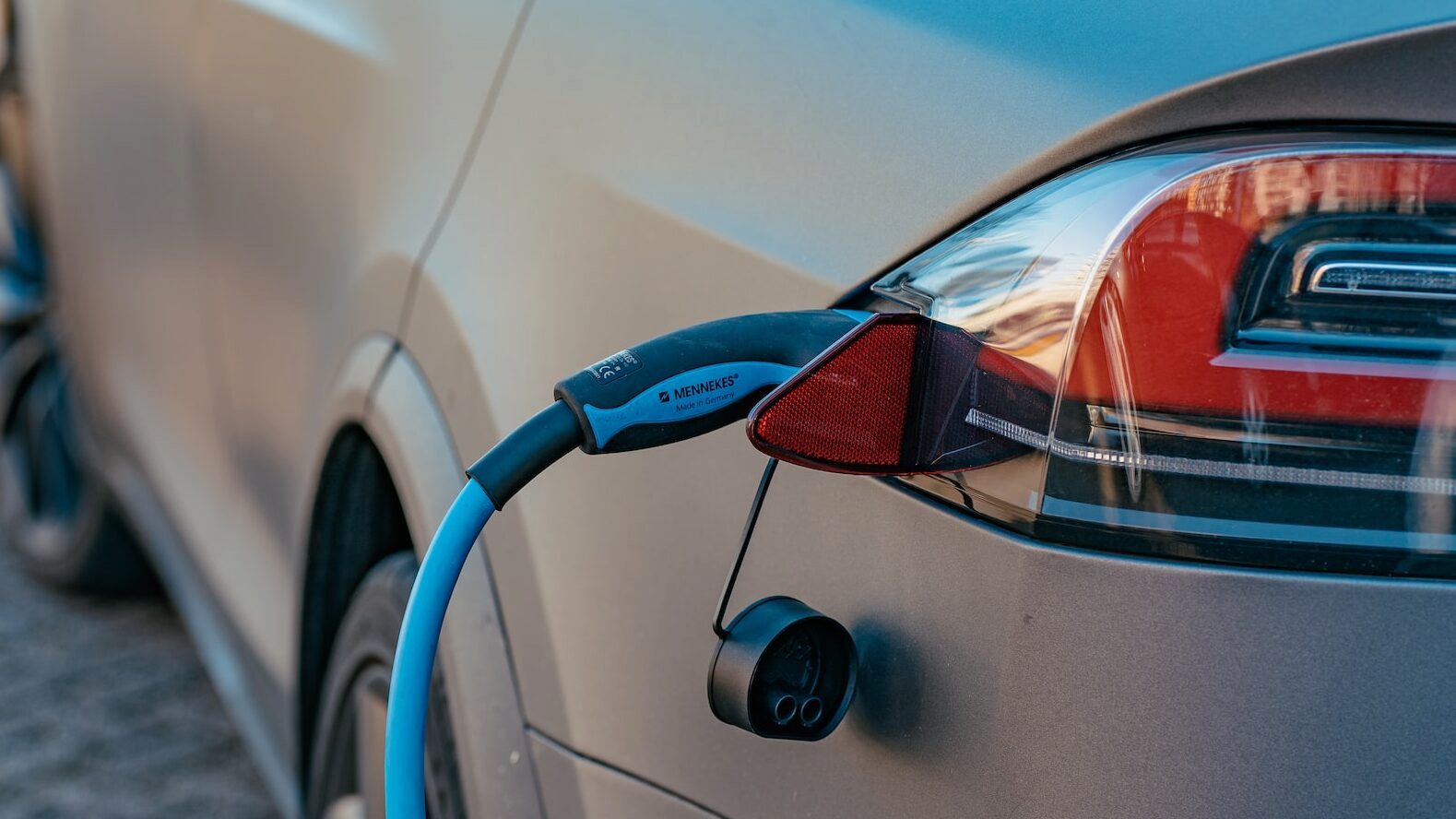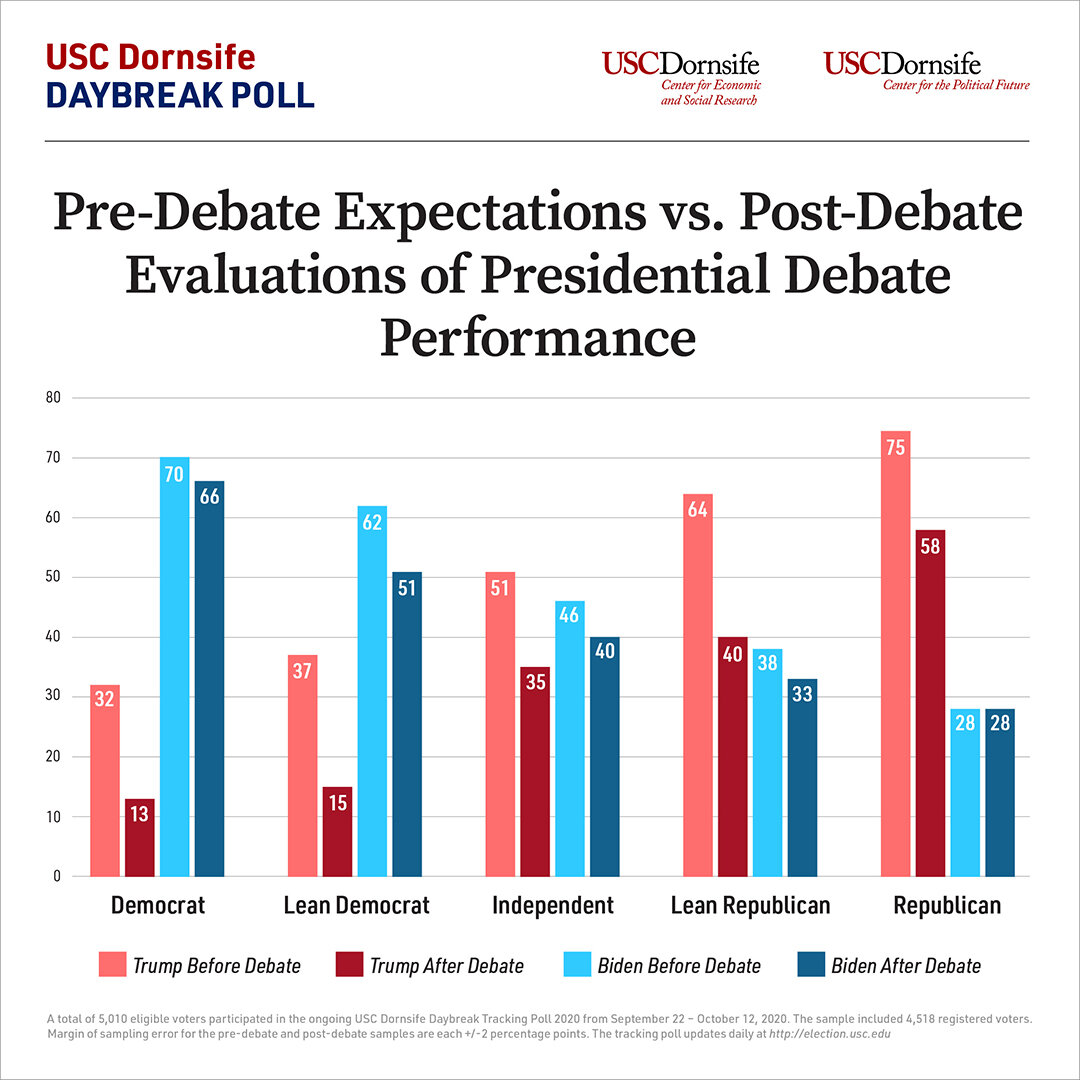Auto Dealers Renew Fight Against EV Sales Requirements

Table of Contents
Financial Burden and Market Readiness
The transition to selling electric vehicles presents a considerable financial burden for auto dealerships. Meeting the ambitious EV sales requirements necessitates significant upfront investments. Dealerships must invest in specialized training for their sales and service staff to understand and effectively market EV technology, which differs significantly from traditional internal combustion engine (ICE) vehicles. Furthermore, substantial investment is needed in charging infrastructure – both quick chargers for customer use and slower chargers for overnight service – adding significant overhead costs. Finally, maintaining sufficient EV inventory is another challenge, as EV models often come with higher initial costs compared to gasoline-powered vehicles.
The auto dealer opposition stems partly from concerns about market readiness. While the electric vehicle market is growing, it is not yet mature enough to support aggressive sales mandates in all regions. Consumer adoption rates vary significantly geographically, with some areas exhibiting significantly lower demand than others. The limited availability of diverse EV models, particularly those catering to diverse consumer needs and budgets, further exacerbates the issue.
- High initial costs of EV inventory. The upfront investment in EVs is substantially higher than for gasoline-powered vehicles.
- Lack of consumer awareness and understanding of EV technology. Many consumers remain uncertain about EV technology, range anxiety, and charging infrastructure.
- Insufficient charging infrastructure in many areas. The lack of widespread, reliable charging networks hinders EV adoption, particularly in rural areas.
- Limited range anxiety among potential buyers. Concerns about limited driving range on a single charge remain a significant barrier for many consumers.
- Uncertainty about future government incentives and regulations. The ever-changing landscape of government policies creates uncertainty for dealers planning long-term investments.
Consumer Demand and Preferences
A key argument against the stringent EV sales requirements centers on the current disparity between mandated quotas and actual consumer demand. While EV sales are increasing, they still represent a relatively small percentage of the overall automotive market compared to traditional gasoline-powered vehicles. This suggests that the current market isn't yet ready for the drastic shift imposed by these electric vehicle mandates.
Consumer concerns about EVs continue to play a crucial role. The higher initial purchase price of EVs compared to ICE vehicles remains a significant barrier for many potential buyers. Range limitations and concerns about charging time and infrastructure availability also contribute to lower consumer adoption. The lack of diverse EV models to cater to various consumer needs and preferences further restricts market penetration.
- Lower overall EV sales compared to gasoline vehicles. Current sales figures show a significant gap between EV and ICE vehicle sales.
- Higher initial purchase price of EVs compared to ICE vehicles. The higher upfront cost remains a substantial barrier to entry for many consumers.
- Range limitations and charging infrastructure concerns. Range anxiety and access to charging remain key issues affecting consumer purchasing decisions.
- Lack of diverse EV models to cater to various consumer needs. The limited variety of available EV models restricts consumer choice.
The Impact on Rural Dealerships and Smaller Businesses
The impact of EV mandates is not uniform across the automotive industry. Smaller dealerships and those located in rural areas face disproportionately higher challenges in adapting to the new regulations. These dealerships often have limited access to EV-savvy customers, and upgrading their infrastructure to support EV sales and servicing is financially daunting. Securing funding for necessary charging station installations and staff training is considerably more difficult for smaller businesses. The stringent zero-emission vehicle quotas could lead to business closures and job losses, particularly in these vulnerable sectors.
- Higher implementation costs for smaller dealerships. The financial burden of adapting to EV sales is magnified for smaller businesses with limited resources.
- Limited customer base for EVs in rural areas. Lower EV demand in rural areas makes it challenging for dealerships to meet sales quotas.
- Challenges in securing funding for EV infrastructure upgrades. Smaller dealerships often struggle to secure loans or grants for necessary upgrades.
- Increased risk of bankruptcy for smaller dealerships struggling to meet quotas. The inability to meet mandated quotas poses a significant threat to the viability of smaller businesses.
Alternative Approaches to Promoting EV Adoption
Instead of imposing strict EV sales requirements, policymakers should consider alternative strategies to promote EV adoption gradually. These strategies could include substantial government subsidies and tax credits to incentivize EV purchases, and a focus on developing nationwide charging infrastructure, addressing range anxiety and making EVs more accessible.
Public awareness campaigns are crucial to educate consumers about the benefits of EVs, dispelling myths and addressing common concerns. A phased approach to implementing EV mandates would allow dealerships more time to adapt to the changing market, reducing the financial strain and preventing premature business closures. This approach prioritizes a balanced transition, encouraging EV adoption without jeopardizing the economic viability of auto dealerships.
- Government subsidies and tax credits for EV purchases. Financial incentives can stimulate consumer demand for EVs.
- Investment in nationwide charging infrastructure development. Extensive charging networks are essential for widespread EV adoption.
- Public awareness campaigns to educate consumers about EVs. Educational initiatives can help dispel myths and address consumer concerns.
- Phased implementation of EV mandates to allow for gradual adaptation. A gradual transition allows dealerships sufficient time to adapt without undue financial hardship.
Conclusion: The Ongoing Battle Over EV Sales Requirements
The debate surrounding EV sales requirements remains intense. Auto dealers' opposition is rooted in legitimate concerns about the financial burdens of transitioning to EVs, the current mismatch between mandated quotas and consumer demand, and the disproportionate impact on smaller dealerships, particularly those in rural areas. A balanced approach is needed – one that prioritizes the expansion of the EV market while simultaneously supporting the financial health and long-term sustainability of the auto dealer network. We need a transition that fosters growth, not closures. Learn more about the debate surrounding electric vehicle mandates and zero-emission vehicle quotas. Voice your concerns to your local representatives and participate in public forums to ensure a fair and sustainable transition to a cleaner transportation future. Let your voice be heard on the issue of auto dealer concerns regarding electric vehicle mandates.

Featured Posts
-
 Duurzame Scholen En De Afhankelijkheid Van Dieselgeneratoren
May 02, 2025
Duurzame Scholen En De Afhankelijkheid Van Dieselgeneratoren
May 02, 2025 -
 I Ethniki Stratigiki P Syxikis Ygeias 2025 2028 Kritika Simeia Kai Efarmogi
May 02, 2025
I Ethniki Stratigiki P Syxikis Ygeias 2025 2028 Kritika Simeia Kai Efarmogi
May 02, 2025 -
 South Carolina Election System 93 Voter Confidence Survey Reveals
May 02, 2025
South Carolina Election System 93 Voter Confidence Survey Reveals
May 02, 2025 -
 Justice Departments Decision Implications For School Desegregation
May 02, 2025
Justice Departments Decision Implications For School Desegregation
May 02, 2025 -
 Nuclear Reactor Power Uprate Planning And Permitting With The Nrc
May 02, 2025
Nuclear Reactor Power Uprate Planning And Permitting With The Nrc
May 02, 2025
